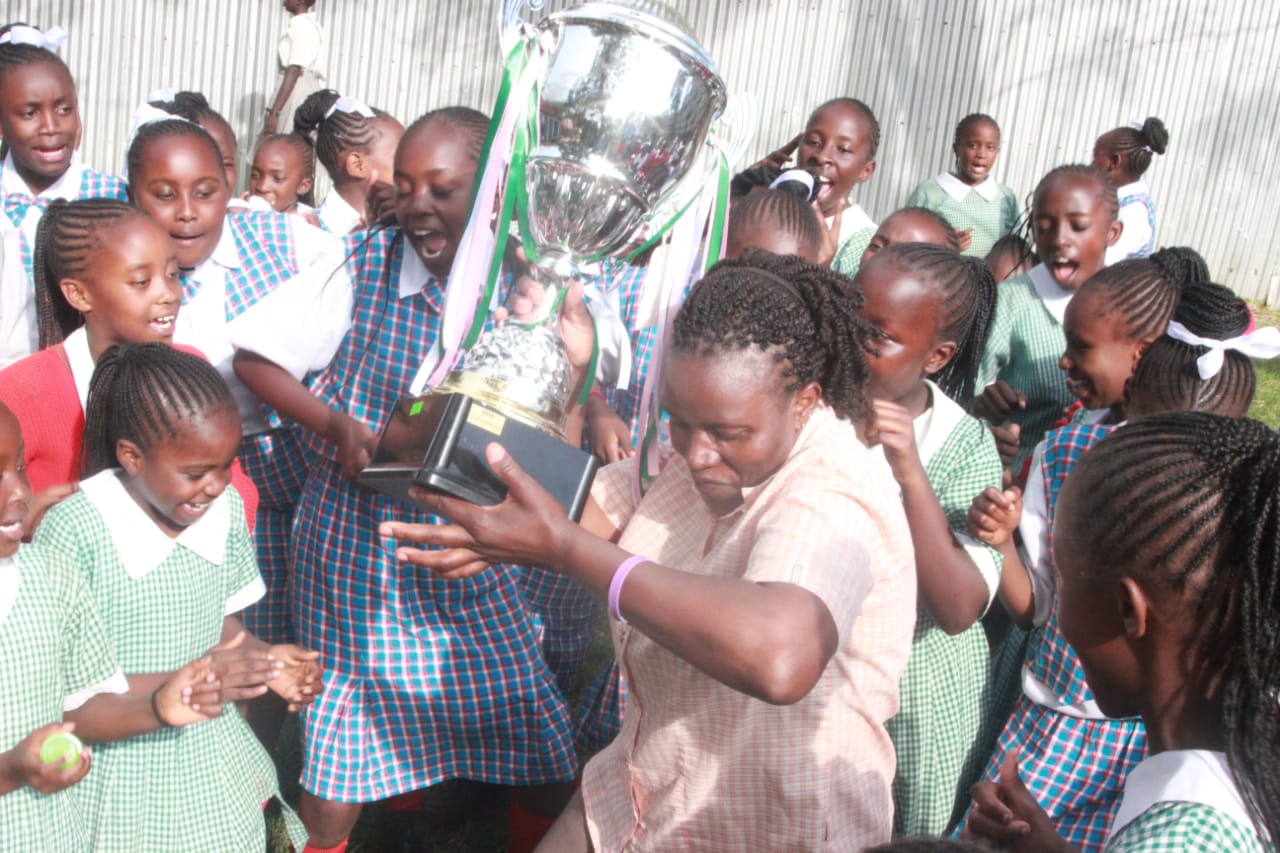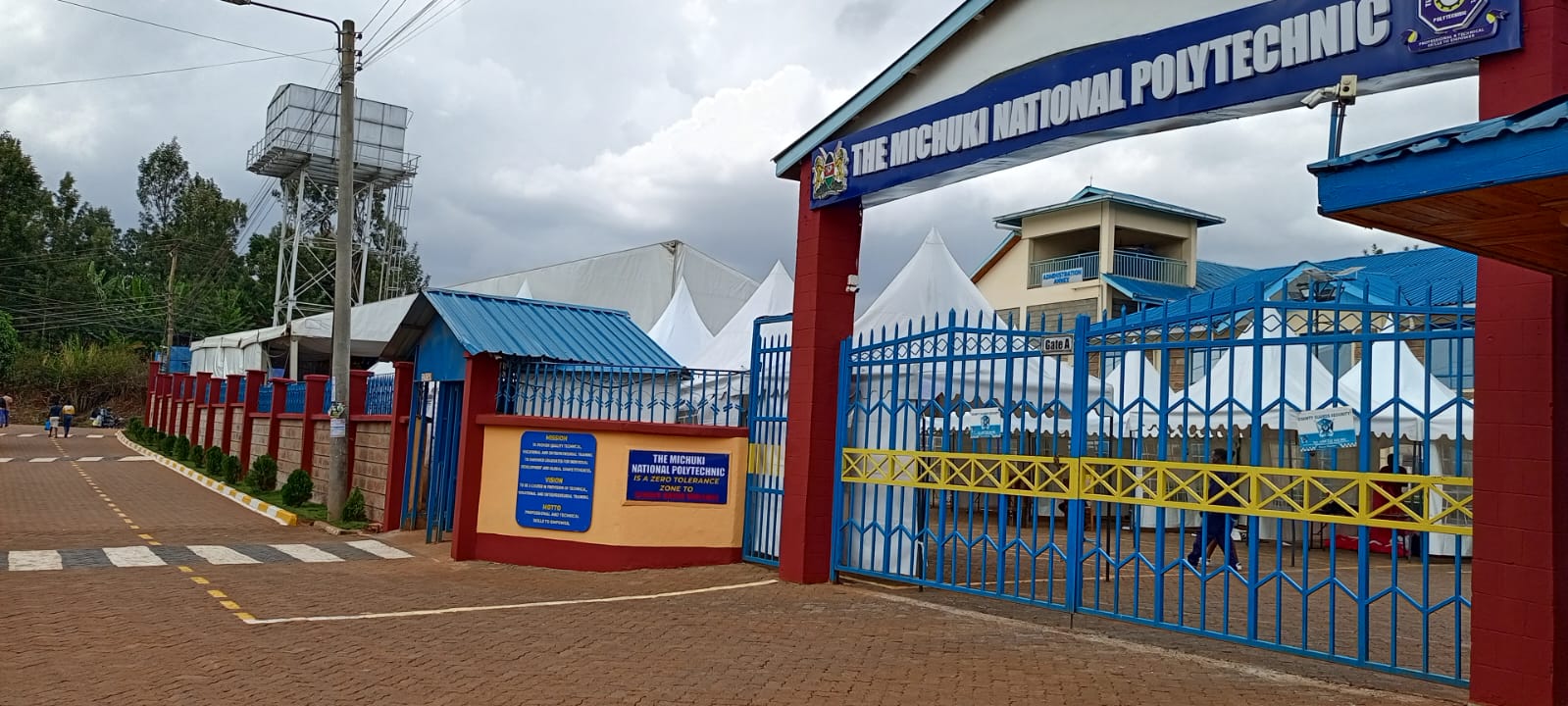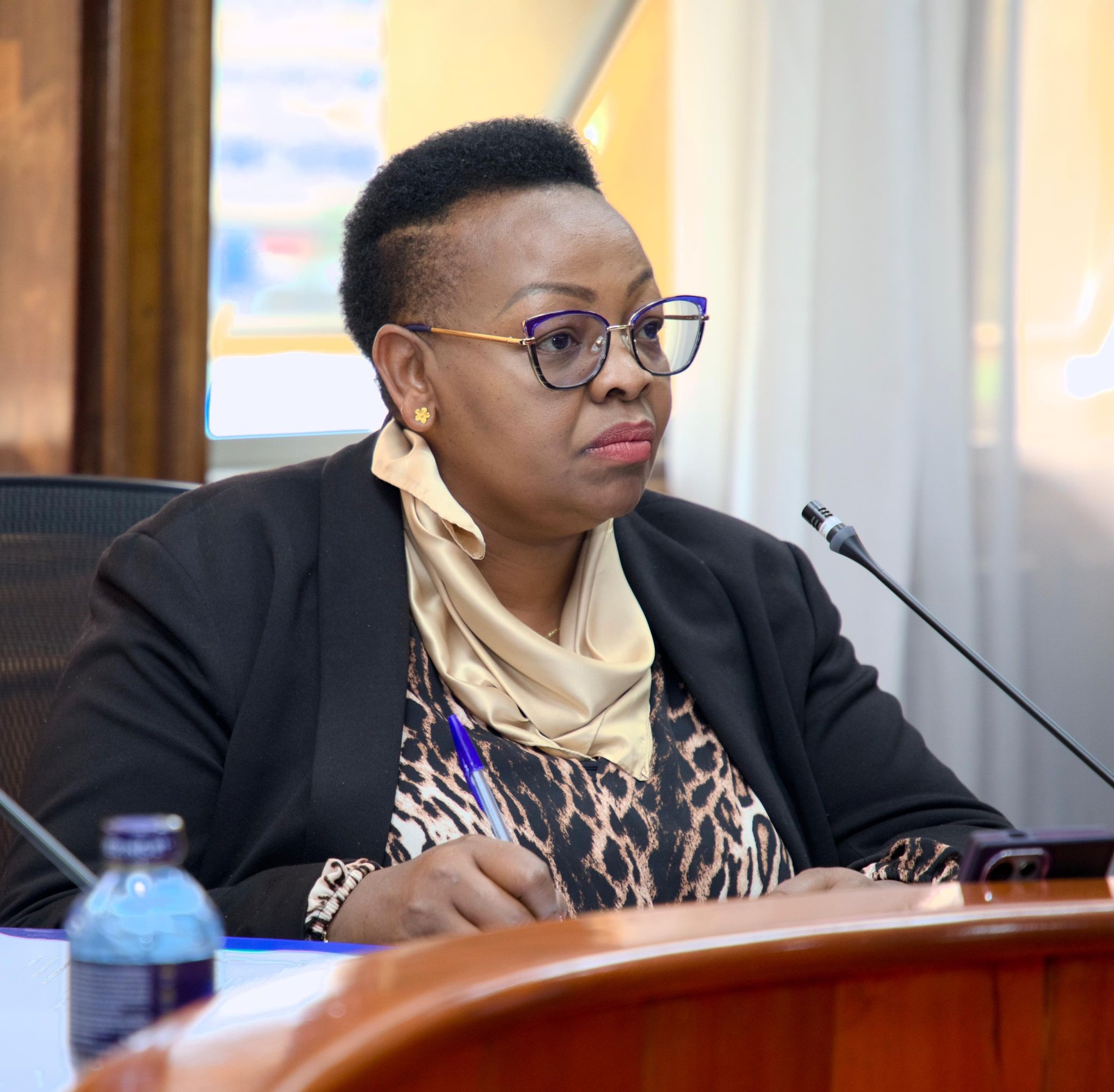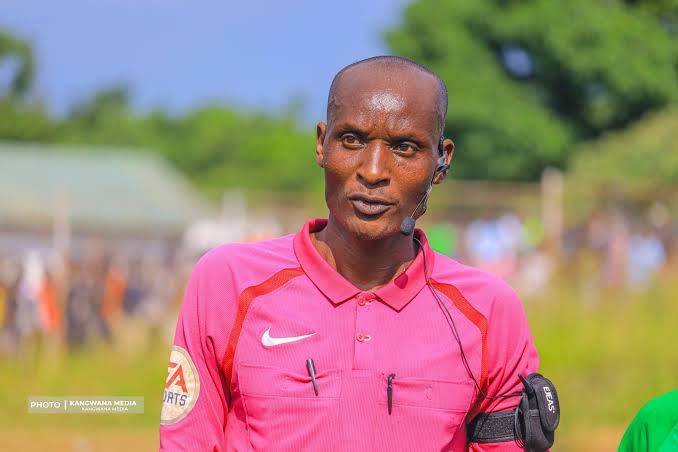Kiswahili enthusiasts, experts and lawmakers have appealed to the government to reverse Kiswahili language to its compulsory subject status in schools.
This emerged during Kiswahili experts’ round table meeting at Ufungamano House, Nairobi, last weekend, where it was argued that the language has not been given enough priority in national matters.
Speaker after another said that the language should be prioritised and taught in schools from pre-primary to university, calling for reforms in the education sector to make it possible for the language to be involved in all national matters and made compulsory.
They argued that such efforts will make future generations speak quality and respectful Kiswahili.
Kamukunji MP Yusuf Hassan noted that the policy that made Kiswahili an optional subject should be removed.
“We want the government through the Kenya Institute of Curriculum development (KICD) to have Kiswahili as a compulsory language in the country,” said Hassan.
The lawmaker wondered how Kiswahili is optional in the school curriculum yet it is a national language, whereas developed countries like the USA, China and Japan use their indigenous languages in their education systems and tremendous developments can be seen.
The language experts observed that although the United Nations Educational, Scientific and Cultural Organization (UNESCO) approved July 7 as World Kiswahili Day, the government has not set a strategy to raise its status like other countries.
They further suggested that foreigners seeking work permits in the country must undergo Kiswahili assessments as it is the norm in European countries to boost the relevance of the language.
The county governments were also encouraged to initiate plans to organize competitions and rewards for best Kiswahili writers.
Kiswahili is one of the most widely used languages of the African family and the most widely spoken in Sub-Saharan Africa. It is among the 10 most widely spoken languages in the world with more than 200 million speakers.
It is one of the Lingua Franca in many countries within East, Central and Southern Africa as well as in the Middle East. It is also taught across major universities and colleges globally.
Kiswahili language is one of the official languages of the African Union (AU), Southern African Development Community (SADC) and East African Community (EAC).
It is the first African language to be recognized by the United Nations (UN).
YOU MAY ALSO READ:
We will present names of ‘dead’ promoted teachers to TSC, says KUPPET
By Brian Ndigo
To write to us or offer feedback, you can reach us at: editor@educationnews.co.ke
You can also follow our social media pages on Twitter: Education News KE and Facebook: Education News Newspaper for timely updates.
>>> Click here to stay up-to-date with trending regional stories






